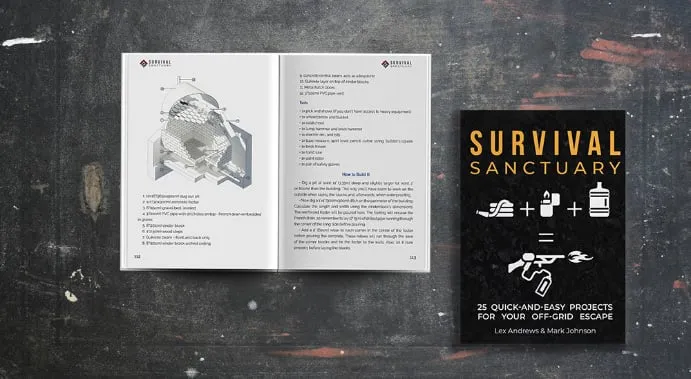Why You Need to Have Cash on Hand for Emergencies

Cash is often overlooked when it comes to emergency preparedness, but its value cannot be understated. In the event of an emergency or disaster, when supplies are scarce and credit cards may not work as intended, having an emergency cash fund can provide essential peace of mind that you’ll have access to what you need when things really hit the fan. Additionally, physical currency provides assurance that your assets aren’t vulnerable to cyber attacks or other digital issues like power outages.
The Benefits of Having Cash On Hand
When it comes to financial emergency preparedness, having cash or liquid assets on hand is a crucial component of a well-rounded plan. Cash offers a level of flexibility that other assets simply cannot match, allowing you to pay bills and make necessary purchases without having to worry about access to bank accounts.
Having enough cash on hand can provide peace of mind in the face of unforeseen expenses planning, as you'll be able to cover basic expenses without relying on the grid to be up. Not all places will be able to provide change, so be sure to have a stash of emergency funds in readily accepted denominations to make things much easier in the event of an emergency.
In short, having cash liquidity for emergencies is a smart and necessary component of a comprehensive emergency fund plan. By making sure you have enough cash to cover basic expenses, you can rest easy knowing that you're well-equipped to handle whatever life may throw your way.
How Much Should You Have Stashed Away?
When it comes to calculating your emergency fund, there are a few important factors to consider. Experts generally recommend having at least three months' worth of income saved up in case of an unexpected event. For those who are self-employed, it's suggested to have six months' worth of income saved, as income may not be as steady.
It's also important to take into account other sources of income, such as investments, side hustles, inheritance, etc. This can give you added cushion in case of crisis money saving tips like home repairs or medical bills. Your lifestyle can play a big role as well. Consider how long you would need funds if your job were to suddenly disappear and plan accordingly.
Every family's financial situation is unique, so the amount of money required in an emergency fund will vary based on factors like family size, desired minimal lifestyle, and unique needs like medication for sick or elderly family members. It's important to take a comprehensive look at your own financial situation and make an informed decision about how much money to have available in your short-term savings for crises.
Budgeting Tips
Having enough money available for basic necessities such as food, rent/mortgage payments, and utilities during emergencies should be a top priority. Experts suggest also including some allowance for entertainment and personal care items like haircuts etc., so they don't become additional stressors during tough times.
Setting up automatic transfers from checking accounts into savings accounts can help in building this emergency fund. Allocating portions of each paycheck towards immediate needs while still allowing the flexibility of investing any remainder in other areas such as stocks/equities is a great way to plan ahead.
Creating achievable goals is essential in successfully building an adequate emergency fund that will protect against financial emergencies down the line if life throws unexpected challenges our way. Prepping for these events with enough cash on hand will provide peace of mind down the road if life throws unexpected obstacles your way.
How Much Money to Have Available in An Emergency Fund?
A safety net is important as having cash available during a true emergency is essential. While it can be tempting to store large amounts of cash in the home, it’s not recommended due to potential theft, fire, floods, and other risks associated with having physical money. A small fire-resistant safe in the home is useful for storing smaller bills, and critical documents such as insurance policy info, passports, and birth certificates.
I’ve suggested to my readers to keep smaller bills instead of larger currency. Many establishments won’t accept large bills, particularly if you’re expecting change. You’ll see signs in some places stating that they only accept $20’s or smaller and that is the largest denomination in their cash safes.
It's also important to factor in other sources of income when calculating your emergency funds such as investments, side hustles, or inheritance etc. This will allow you more wiggle room if unplanned but necessary expenses arise like home repairs or medical bills.
Your lifestyle plays a role too as you should consider how long you'd need funds if your job suddenly disappeared and set realistic goals for your emergency fund accordingly.
Final Word
Having money saved away doesn’t only reduce stress during times of uncertainty but provides reassurance that we’re doing our best planning ahead in life too! Building up an emergency fund reduces risk significantly so make sure you’re prepared by stashing away some cold hard cash today - just in case!
If you have any additional tips or ideas that you'd like to share with others, please let me know! I'm always looking to share the experiences of others so they can benefit from your knowledge too.



